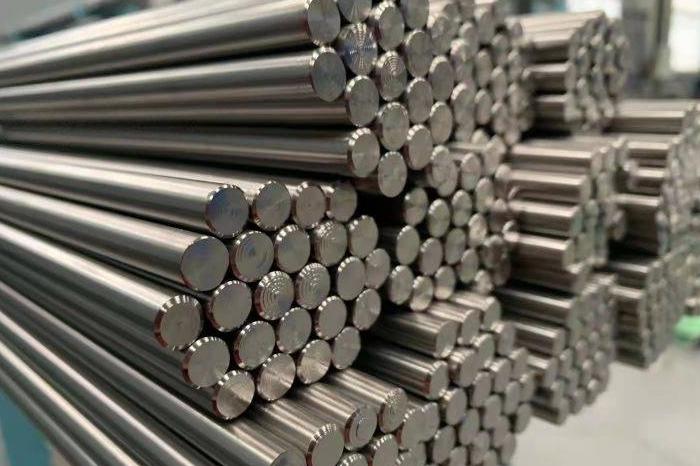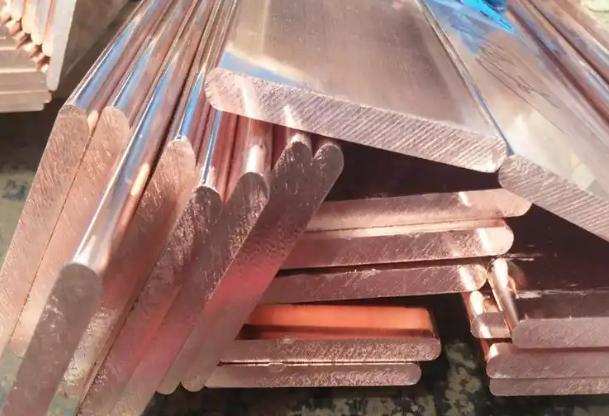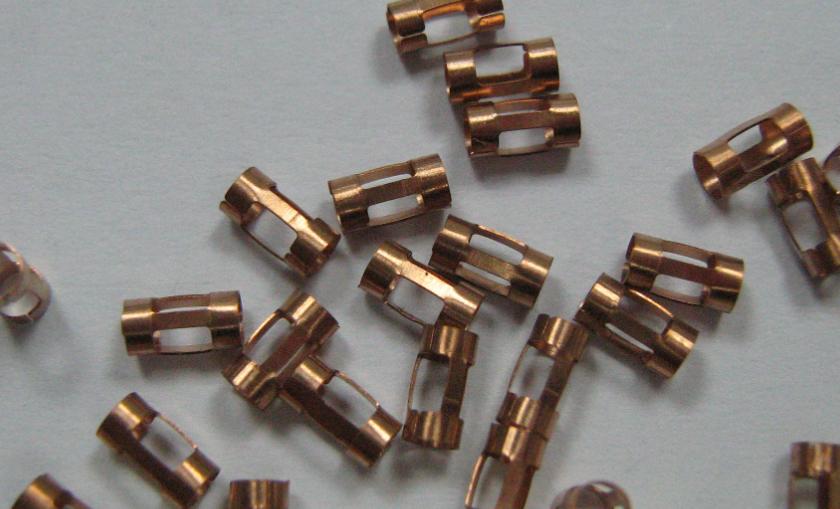what conducts electrical current better beryllium copper vs stainless steel
beryllium copper has a higher electrical conductivity compared to stainless steel because its resistivity is lower, meaning that the current flowing through beryllium copper experiences less resistance.

Among metal materials, both beryllium copper and stainless steel are materials we frequently encounter. Each has its own characteristics and is widely used in different fields. Today, let's explore a question about them: Which one is more conductive, beryllium copper or stainless steel?
First, we need to understand the basic concept of electrical conductivity. Electrical conductivity refers to the material's ability to allow current to pass through it, usually measured by resistivity. The lower the resistivity, the better the conductivity of the material. beryllium copper, as a typical good conductor, has a relatively lower resistivity, so the current flowing through beryllium copper experiences less resistance.

In contrast, stainless steel, as an alloy material, has relatively poorer electrical conductivity. Stainless steel is mainly composed of elements such as iron, chromium, and nickel. These elements have higher resistivity, resulting in a higher overall resistivity of stainless steel. Therefore, under the same conditions, the electrical conductivity of stainless steel is not as good as that of beryllium copper.

The comparison of the electrical conductivity of beryllium beryllium copper and stainless steel is as follows:
Electrical conductivity of beryllium copper basic data:
The resistivity of beryllium copper is 1.75×10⁻⁸ Ω·m, making it the metal with the second-highest electrical conductivity after silver.
The resistivity of stainless steel (taking iron-chromium-aluminum alloy as an example) is 1.4×10⁻⁶ Ω·m, which is approximately 80 times higher than that of beryllium copper.
The electrical conductivity characteristics of beryllium beryllium copper:
The electrical conductivity of beryllium-beryllium copper alloy ranges from 20% to 55% IACS (International Annealed beryllium copper Standard), depending on the beryllium content and heat treatment process.
Even the lowest conductivity beryllium-beryllium copper (22% IACS) still significantly outperforms stainless steel.

The electrical conductivity of stainless steel:
Stainless steel is a high-resistance alloy, usually used in scenarios where resistance or corrosion resistance is required. Its conductivity is much lower than that of pure beryllium copper and beryllium copper alloys.
Conclusion: The electrical conductivity of beryllium beryllium copper is significantly better than that of stainless steel, with its conductivity being at least 20 times higher than that of stainless steel.
# Tags:
-
conducts electrical current better beryllium copper vs stainless steel





